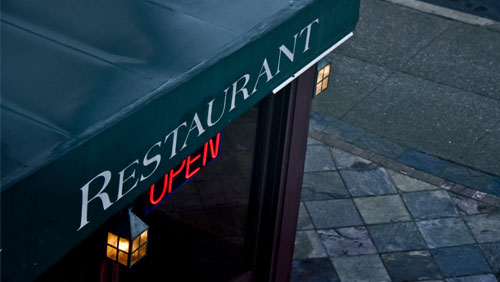As much as it sounds like it could be a restaurant in the sky, a cloud kitchen definitely has strong terrestrial roots. The cloud kitchen concept essentially refers to a restaurant that is dedicated totally to delivery, and is also known as a ghost or a virtual kitchen. The idea sprouted from the current situation caused by the coronavirus, which has forced people to stay indoors almost 100% the time. When they’re able to venture out, they have to ensure they adhere to social distancing policies and practice health and safety measures meant to ensure COVID-19 doesn’t make a return. The cloud kitchen is offering an alternative to take-out in order to allow diners to get their restaurant fix without having to worry about dealing with the concerns of being possibly exposed to the virus.
A cloud kitchen can be built virtually anywhere – mall parking lots, hotel kitchens, industrial centers and more. They are cheaper to set up and operate, which is always a plus for a venture whose margins are, on average, much lower than those of other consumer segments. There is less overhead and, since food delivery is such a common attraction across the globe, finding services to handle that leg of the process is relatively easy.
The initiative also follows a trend that sees more consumers moving their purchases online. There is virtually nothing that cannot be bought through a website these days, and many companies are exploring advanced technology, such as drones, to handle the delivery. While the latter may take a while to gain traction, the theory and the implementation have already been proven effective.
According to Ken Research, a market intelligence firm, online grocery purchases are expanding exponentially. For example, in the United Arab Emirates, online grocery orders increased anywhere from 80-100% over the first five months of 2020. This segment has become more attractive because of COVID-19 and mandated or self-imposed quarantines. The coronavirus may go away but, now that people have seen how easy it is to place orders online for almost anything, that trend won’t go away. One eCommerce operator has asserted, “While e-commerce was just an option before Covid-19, it is now essential for retailers and producers to sell their products through e-commerce platforms in order to survive. The long-term impact will be positive for online shopping as it will start to become habitual for consumers.”
